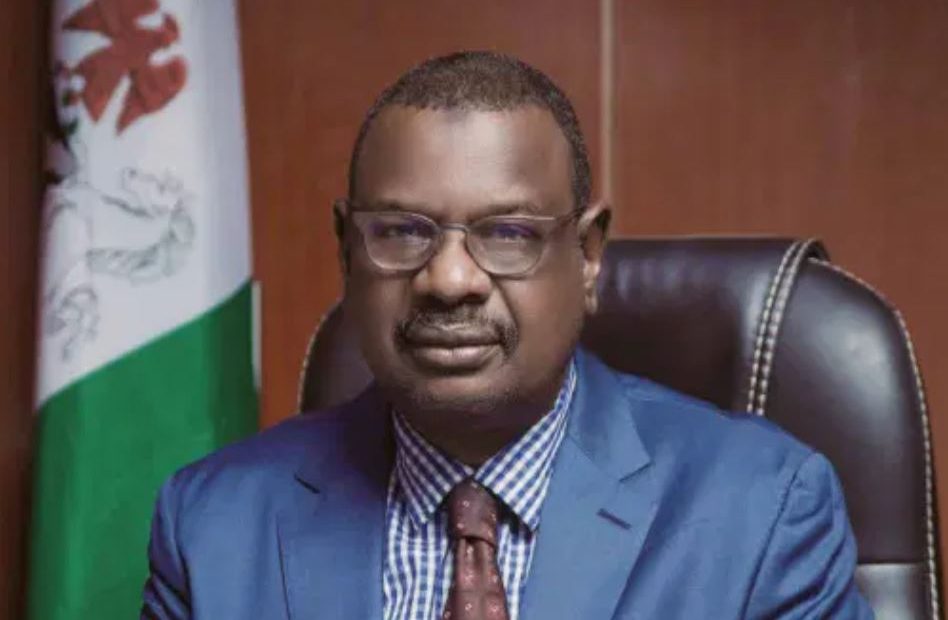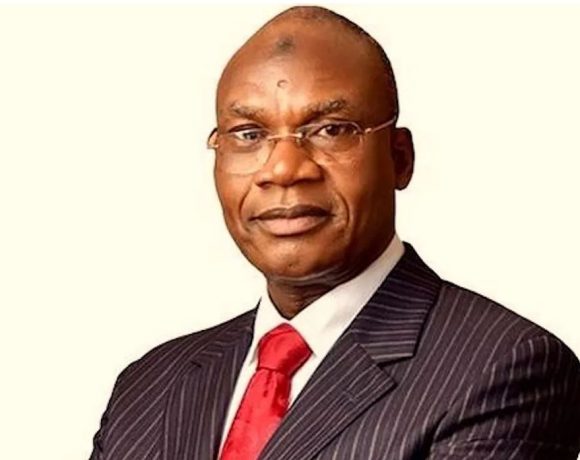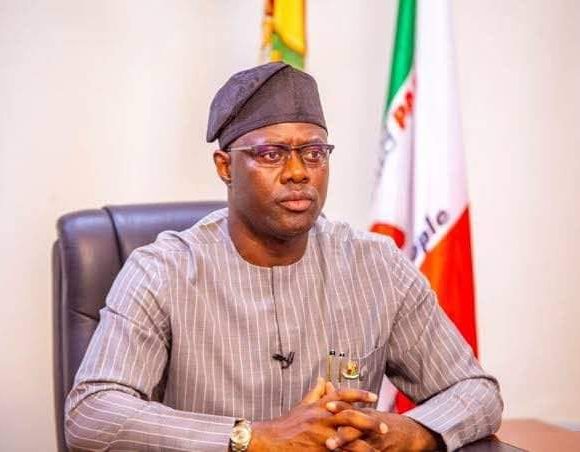Improving Nigeria’s Power Sector Investing in Transmission Infrastructure.

The Managing Director and CEO of the Transmission Company of Nigeria, Sule Abdulaziz – ARDnig
The Transmission Company of Nigeria is calling for urgent investment in modernizing the country’s transmission infrastructure. Outdated equipment is a significant cause of frequent grid collapses. However, projects like the scatter system, funded by the World Bank, are underway to address these challenges. Collaboration with private investors is also essential for developing a more reliable super grid.
Understanding Nigeria’s Power Challenges
The Managing Director of the Transmission Company of Nigeria (TCN), Sule Abdulaziz, has confirmed that much of the country’s power equipment is outdated. He revealed that many of the transmission systems in use are over 40 to 50 years old, and the lack of proper investment has hindered the sector’s performance. This issue is one of the primary reasons for frequent grid collapses in Nigeria. The outdated infrastructure requires urgent attention and funding to prevent further disruptions to the electricity supply.
The Need for Investment in Transmission Systems
Abdulaziz stressed the importance of investing in modernizing Nigeria’s transmission lines. Over the years, the power sector has not received adequate investment, leading to continued challenges. To ensure consistent and reliable power supply, there needs to be significant financial input from both the government and private investors. By investing in modern equipment, Nigeria can reduce power outages and improve the overall efficiency of its energy distribution network.
New Projects and Future Plans
One of the solutions TCN is working on to address grid failures is implementing a backup system. Currently, the company is developing a “scatter system” across the national grid, which will help reduce the frequency of blackouts. The project is funded by the World Bank and is 70% complete, with an estimated two years to full completion. Once operational, this system will enable the grid to remain stable and prevent nationwide blackouts when a single line fails.
“Investing in modern infrastructure today ensures reliable power for tomorrow.” – Sule Abdulaziz
Collaborating for Success
In addition to the scatter system, TCN is collaborating with private companies to mobilize funds and enhance its infrastructure. While the government’s budget may not be sufficient for the extensive upgrades needed, partnerships with private investors are essential. This collaboration is crucial for building what Abdulaziz refers to as the “super grid.” The super grid will allow for alternative transmission lines, so if one line fails, the system can automatically switch to another, ensuring an uninterrupted power supply.
A Hopeful Future for Nigeria’s Power Sector
Though Nigeria’s power sector faces significant challenges, there is optimism that within the next five years, consistent electricity supply will be achieved. The ongoing investments, coupled with strategic partnerships and government support, will play a crucial role in upgrading the country’s power infrastructure. These efforts will not only benefit businesses but also improve the daily lives of Nigerians, contributing to the nation’s economic growth.
Conclusion
Addressing Nigeria’s power challenges requires substantial investment in modernizing outdated infrastructure. The ongoing projects and partnerships show that Nigeria is on the path to improving its electricity supply, benefiting both businesses and daily life. By upgrading its transmission systems, the nation can look forward to a more reliable and efficient power sector.










